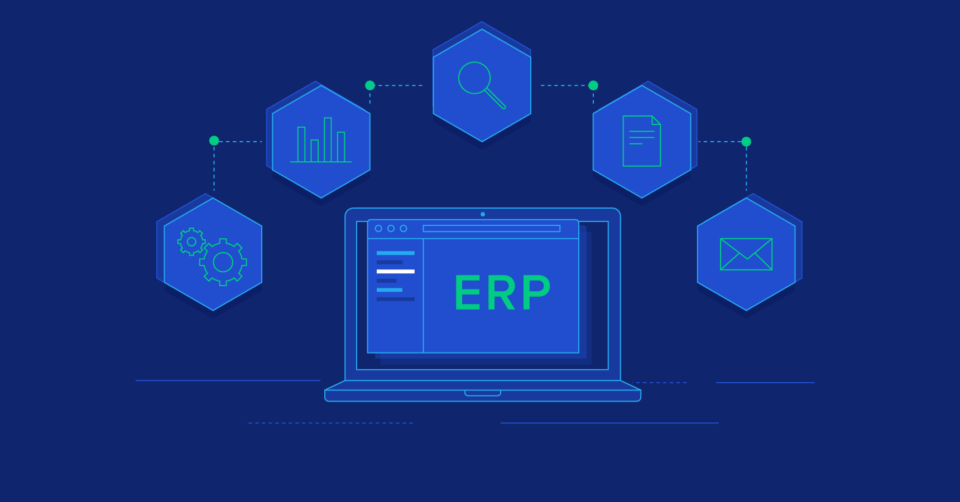Enterprise Resource Planning (ERP) software is a powerful and comprehensive business management solution that integrates and automates various core functions within an organization. ERP systems serve as a centralized platform where data and processes from different departments such as finance, human resources, inventory, sales, and production are unified and streamlined.
Vital benefits offered by ERP software
Key benefits of ERP software include increased operational efficiency, improved data accuracy, and enhanced decision-making capabilities. With real-time access to critical business information and automated workflows, ERP helps organizations respond rapidly to changing market conditions and customer demands.
ERP software also facilitates collaboration among teams and departments by breaking down data silos and enabling seamless communication. It supports customization, allowing businesses to configure the system to meet their specific needs, from tailored reports to unique workflows.
Furthermore, security is a fundamental aspect of ERP, ensuring the protection of sensitive data and maintaining access controls. Scalability is another advantage, as ERP systems can grow with the organization, accommodating additional functionalities or modules as the business expands.
How custom ERP software is helpful
Custom erp software is highly beneficial for businesses as it is tailored to their unique needs. It streamlines processes, enhances productivity, and improves decision-making by aligning the system with specific workflows and requirements. With customization, companies can address industry-specific challenges, manage data efficiently, and optimize resource allocation. Custom ERP ensures a better fit for business models, supports growth and increases competitiveness by providing the right tools and features. It minimizes the need for workarounds or adapting to a one-size-fits-all solution, allowing organizations to focus on what matters most—achieving their business goals effectively and efficiently.
Benefits offered by ERP Architecture
ERP (Enterprise Resource Planning) architecture offers several key benefits.
- Firstly, erp architecture centralizes data and processes, ensuring consistency and accuracy throughout an organization.
- Secondly, it promotes efficiency by automating routine tasks and streamlining workflows.
- Thirdly, ERP architecture enhances collaboration by providing a unified platform for various departments.
- Fourthly, it supports scalability, allowing businesses to adapt and expand as needed. Fifthly, it aids in decision-making with real-time data access and reporting.
- Lastly, it ensures security by implementing access controls and safeguarding sensitive information.
Overall, ERP architecture is crucial for optimizing operations, improving productivity, and maintaining a competitive edge in today’s business landscape.
To sum up
ERP software is a vital tool for modern businesses, offering a comprehensive solution for managing and optimizing various aspects of their operations. Its ability to centralize data, automate processes, and provide real-time insights empowers organizations to streamline their operations, improve decision-making, and stay competitive in today’s fast-paced business landscape.

